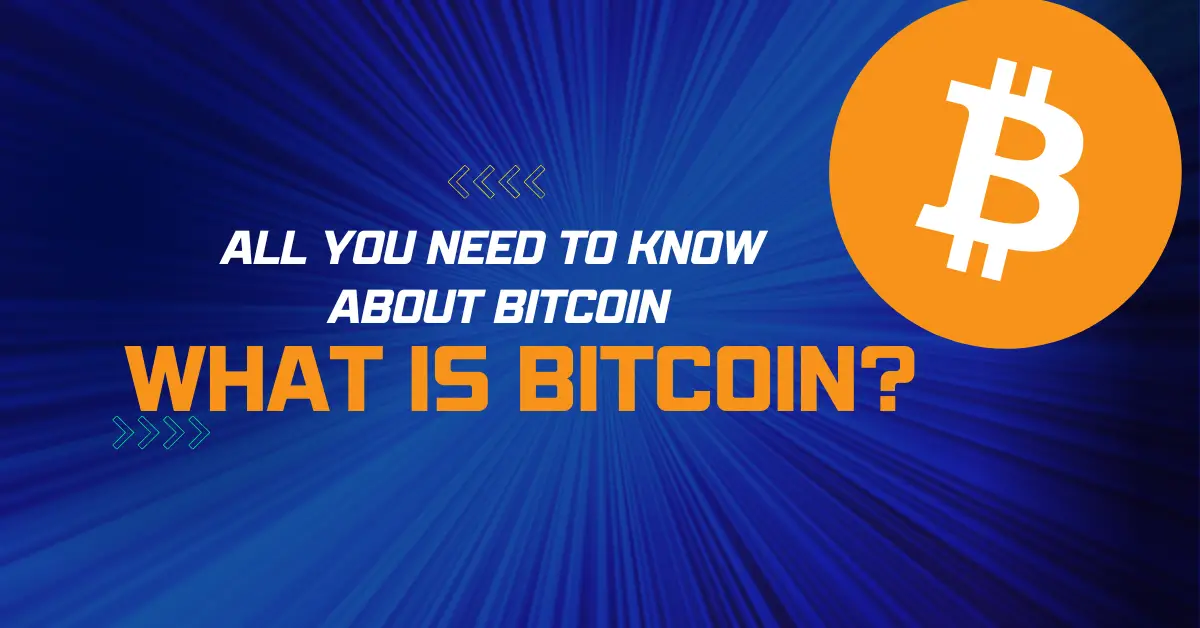Bitcoin, also known as BTC, is a decentralized digital currency that was created in 2009 by an individual or group of individuals using the pseudonym Satoshi Nakamoto. It is the first and most well-known cryptocurrency, and it has gained significant popularity and attention in recent years due to its potential to disrupt traditional financial systems and the increasing adoption of bitcoin by merchants and individuals as a form of payment.
Bitcoin Features
One of the main features of (bitcoin) BTC is its decentralized nature. Unlike traditional currencies, which are issued and controlled by governments and financial institutions, bitcoin is not controlled by any single entity. It operates on a decentralized network of computers called nodes, which use cryptography to secure and verify transactions. This decentralized structure allows bitcoin to operate independently of central authorities, making it resistant to censorship and fraud.
Another key feature of bitcoin is its use of the blockchain. The blockchain is a public ledger that records all bitcoin transactions, and it is maintained by a network of miners who work to validate and add new transactions to the blockchain. The transparency and security of the blockchain make it an appealing technology for a wide range of applications beyond just bitcoin, including supply chain management, voting systems, and identity verification.
One of the primary ways that people use bitcoin is as a store of value. (Bitcoin) BTC has a limited supply, with a maximum of 21 million bitcoins that will ever be created. This fixed supply, combined with increasing demand, can lead to an appreciation in the value of bitcoin over time. However, it’s important to note that the value of bitcoin is highly volatile and can fluctuate significantly in a short period of time.
Uses of Bitcoin
Bitcoin can also be used as a medium of exchange, similar to traditional currencies. It can be bought and sold on exchanges and used to purchase goods and services from merchants who accept it as a form of payment. The adoption of bitcoin as a form of payment has grown significantly in recent years, with major companies such as Microsoft, AT&T, and PayPal announcing that they will accept bitcoin as payment.
While bitcoin has the potential to revolutionize the financial industry, it is not without its risks and challenges. One of the main concerns is the lack of regulation surrounding bitcoin and other cryptocurrencies. This lack of regulation makes it more susceptible to fraud and money laundering, making it more difficult for individuals to protect their assets.
Another concern is the high energy consumption of bitcoin mining, which requires powerful computers to solve complex mathematical problems in order to add new transactions to the blockchain. The energy consumption of bitcoin mining has been a controversial issue, as it has been estimated to be similar to the energy consumption of small countries.
Despite these risks and challenges, bitcoin has gained significant traction and attention in recent years. Many people see it as a potential alternative to traditional financial systems, and the increasing adoption of bitcoin by merchants and individuals as a form of payment suggests that it may have a bright future ahead.
Conclusion
In conclusion, bitcoin is a decentralized digital currency that utilizes the blockchain for security and transparency. It has the potential to disrupt traditional financial systems and is increasingly being adopted as a form of payment by merchants and individuals. While it is not without its risks and challenges, the growing interest in bitcoin suggests that it may play a significant role in the future of money and the financial industry.
